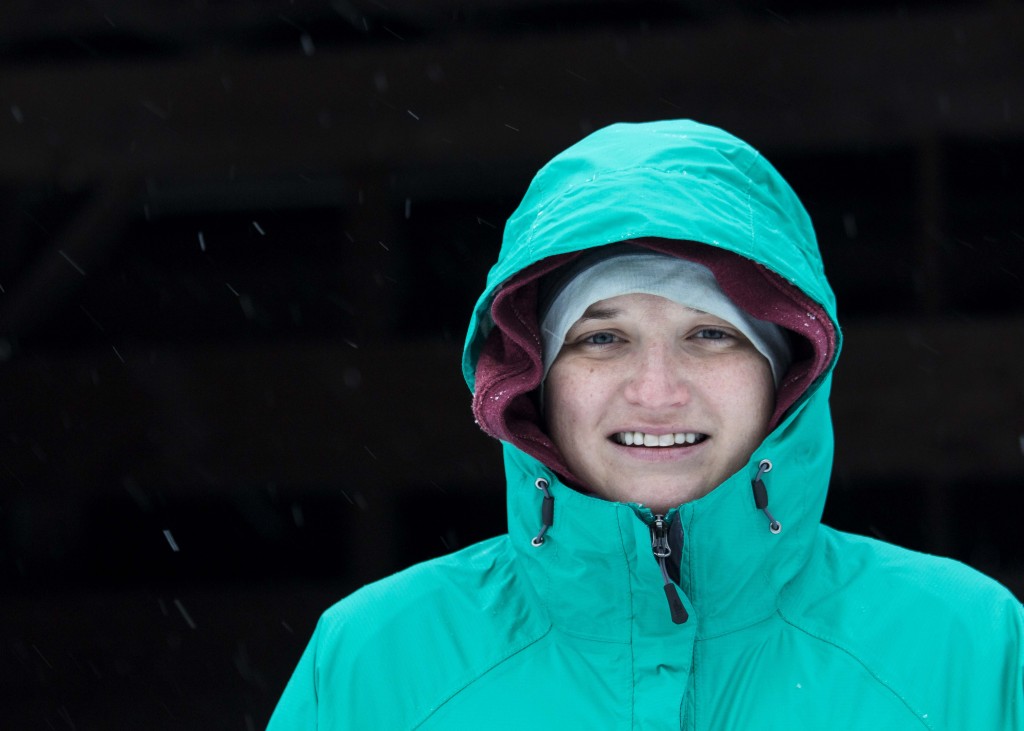I am a postdoctoral research associate at UMass Amherst with a background in marine geology, paleoceanography and paleoclimatology in the Department of Geosciences and with the Climate System Research Center.
The evolution of Earth’s climate has been heavily studied for the last five million years as it is the most recent time in Earth’s history atmospheric CO2 concentrations were as high as modern (400 ppm) and global mean temperature estimates fall in the range projected for 2100 by the intergovernmental panel on climate change (IPCC) (2-4°C warmer). With this, includes an extensive effort towards the development of long-term sea surface temperature (SST) reconstructions in order to better understand meridional and zonal changes. Analytical techniques including the degree of unsaturation of C37 alkenones (UK’37 index), and the relatively new archaeal tetraether lipids (TEX86 – tetraether index of tetraethers consisting of 86 carbon atoms) are common techniques used to derived changes in past SST. Ultimately, this proxy data combined with modeling experiments is widely used to assess forcings, feedbacks and the surface temperature response for future climate predictions associated with higher atmospheric CO2 concentrations.
However, despite the successful application of several SST proxies from a diverse range of marine sediments, each proxy has been found to have its limitations, particularly in regions of upwelling and around oxygen minimum zones. Participation in the chief scientist training cruise is allowing me to better constrain the different behavior of each proxy from an east-west transect encompassing a wide range of environmental settings (i.e., zones of upwelling, oxygen minimum zones and the offshore deep ocean). Output from this workshop will contribute to calibration studies concerning TEX86 application to SST reconstructions.

